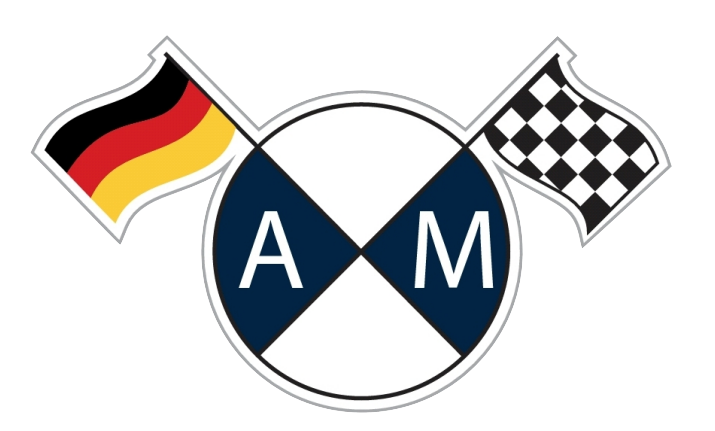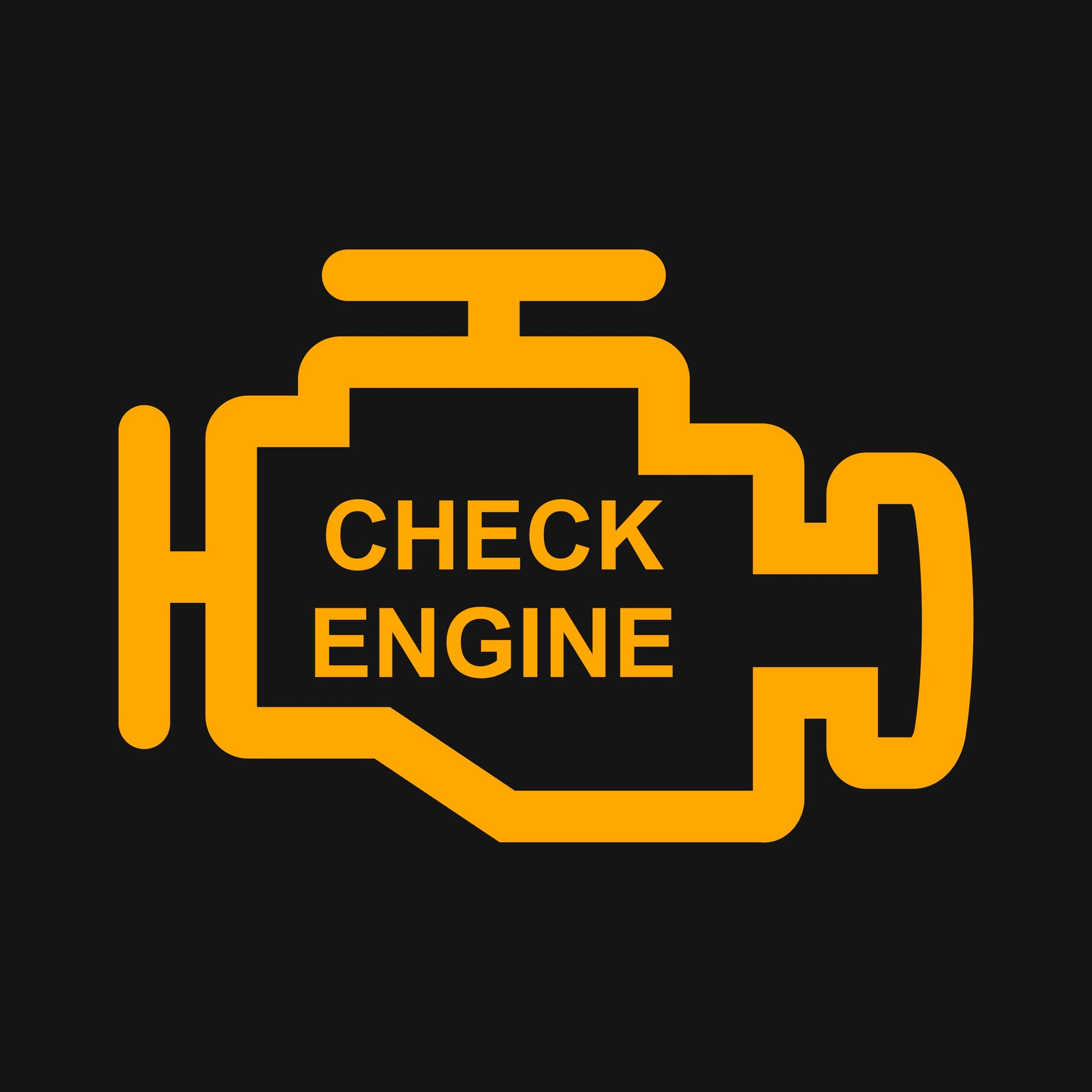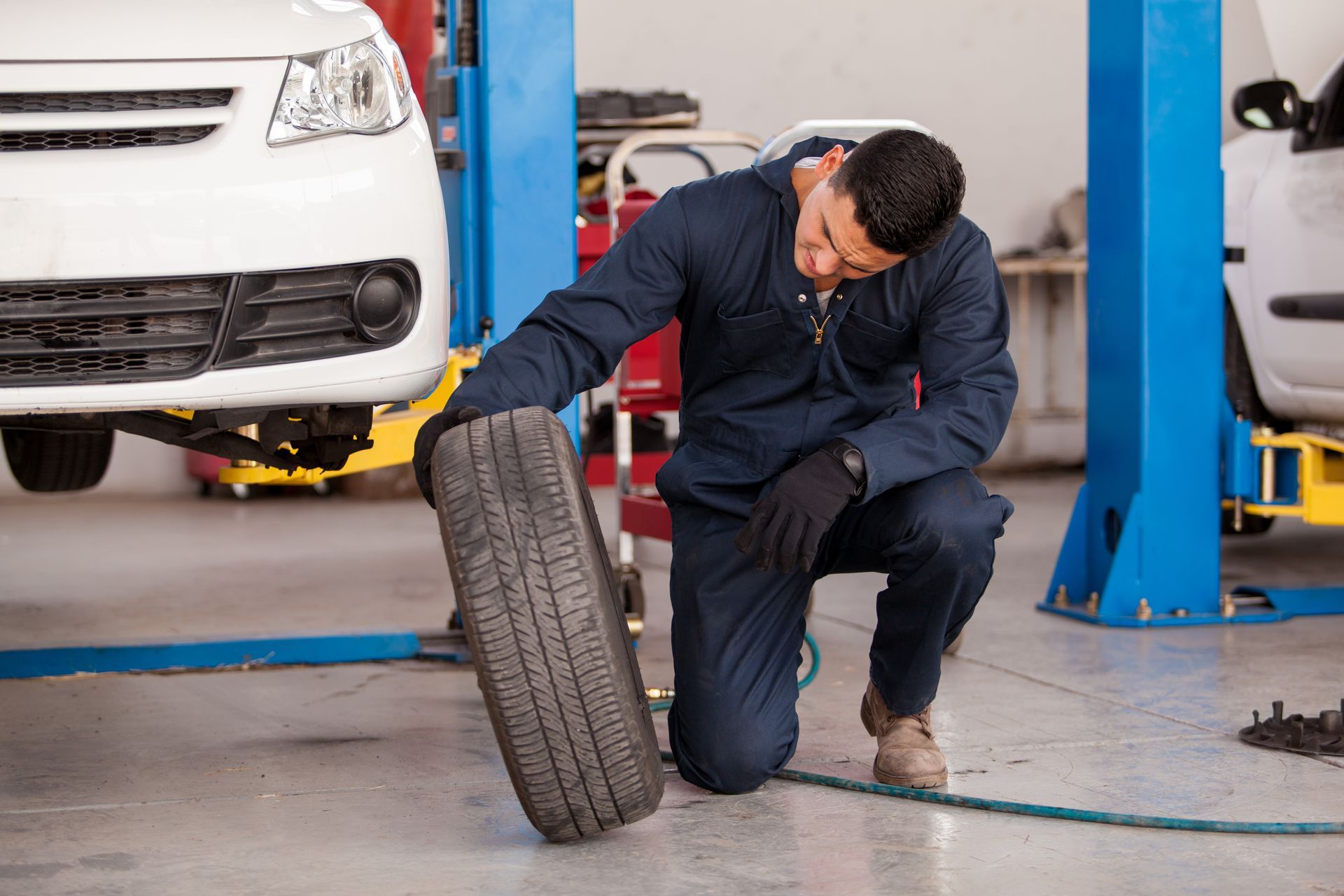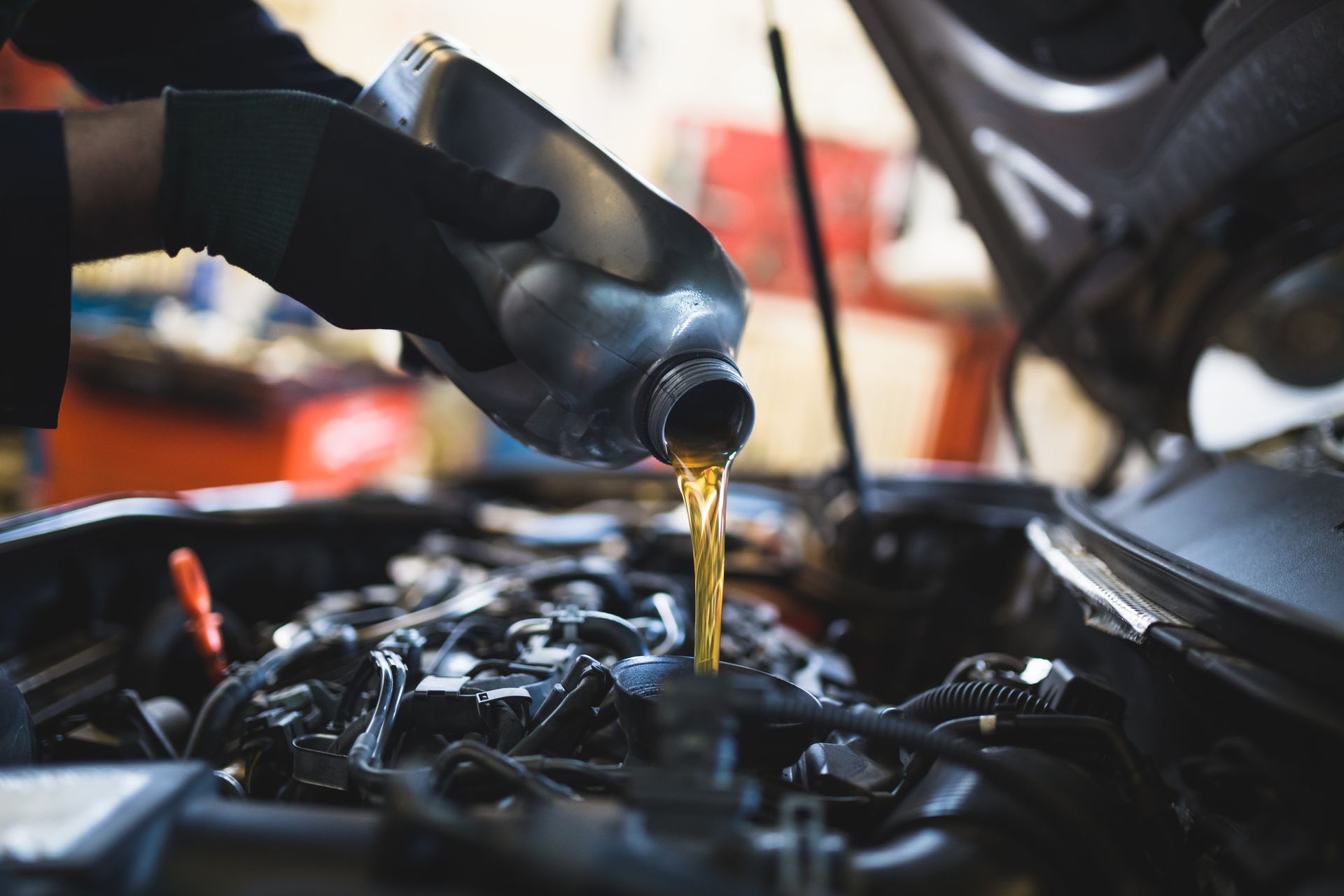When a car slows down, physics takes over. Pressing the brake pedal transfers the vehicle’s momentum into heat energy through friction. At the same time, the weight shifts toward the front of the car. Engineers design braking systems to handle this forward weight transfer by giving the front brakes a larger share of the workload. In most vehicles, the front brakes absorb 60 to 70 percent of the stopping force, which explains why the discs up front are noticeably larger.
Why Front Brakes Handle More Heat
Bigger brake discs do more than just increase stopping power. They are also essential for heat management. Every time you brake, the pads clamp down on the discs and generate friction. The larger the surface area, the more efficiently heat can spread out and cool down. Front discs are usually vented, drilled, or slotted to help with air circulation and prevent overheating during stop-and-go traffic or emergency braking. Without this design, brakes would fade quickly, making it harder to stop safely.
Stability and Steering Control Depend on Strong Front Brakes
Because the front wheels are responsible for steering as well as braking, their design must prioritize stability. Larger discs give the front brakes consistent stopping power and predictable response, even under pressure. This is especially important in emergency maneuvers, where maintaining vehicle stability can mean the difference between a safe stop and a loss of control. Rear brakes, while important, serve more of a supporting role in maintaining balance and preventing the car from fishtailing.
Why Rear Brakes Can Be Smaller
Automakers don’t make the rear brakes smaller to cut corners; they do it because of efficiency and balance. Since the rear wheels handle less braking force, smaller discs or, in some cases, drum brakes are sufficient. Using smaller components in the back reduces overall vehicle weight, keeps production costs down, and improves fuel efficiency. For most daily driving conditions, the rear brakes provide just enough support without needing the size and strength of the front.
When Rear Brakes Take on a Bigger Role
Not all vehicles rely on smaller rear brakes. Performance cars, heavy trucks, and SUVs designed for towing require larger rear discs. In these vehicles, braking demand is distributed more evenly across all four wheels. Bigger rear brakes help prevent overheating when hauling heavy loads or driving aggressively. High-performance systems may even use equally sized discs front and rear, paired with advanced technologies like electronic brake distribution for maximum control.
The Impact of Vehicle Technology on Brake Sizing
Modern vehicles increasingly rely on electronic systems such as ABS (anti-lock braking systems) and ESC (electronic stability control) to manage braking. These systems fine-tune how force is applied between the front and rear brakes to improve safety. However, even with these technologies, the front brakes remain the primary workhorses. The larger size of the discs ensures they can handle both the heat and stress generated by repeated stops, especially at higher speeds.
Maintenance Differences Between Front and Rear Brakes
Because of the workload, front brake pads and discs wear down faster than the rears. Many drivers will replace their front pads twice as often as the rear ones. Still, ignoring the back brakes can create long-term problems. Worn rear brakes shift even more demand to the front, shortening the lifespan of the front pads and discs and reducing overall stopping stability. Regular inspections keep the entire system working together.
Brake Performance and Safety at Accurate Motorwerks in Vancouver, WA
Ultimately, both the front and rear brakes play vital roles in ensuring your car's safety. Larger front discs ensure your vehicle can stop quickly and stay stable, while the smaller rears balance performance and efficiency. If you’ve noticed squeaking, grinding, or longer stopping distances, it’s time for a professional checkup. At Accurate Motorwerks in Vancouver, WA, our team inspects pads, discs, fluid, and hardware to ensure your braking system works as it should.
Schedule your brake service today and drive with confidence knowing your car’s stopping power is in expert hands.






